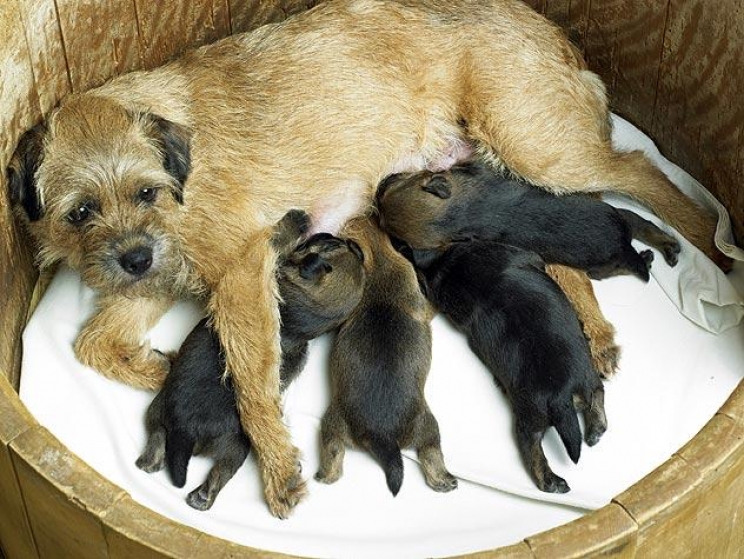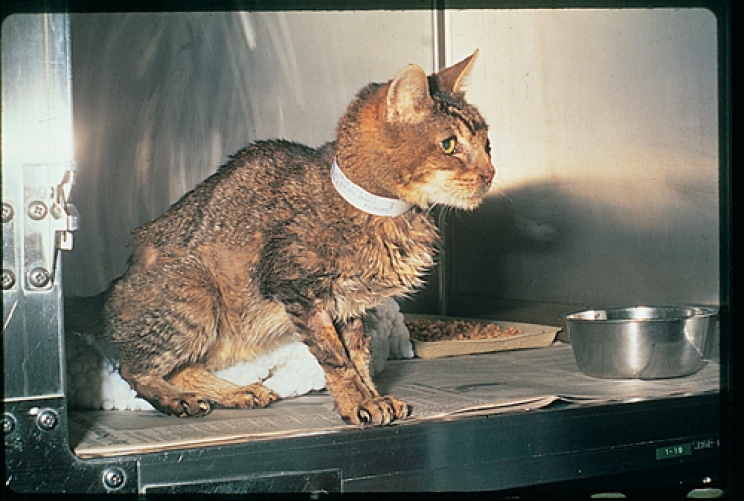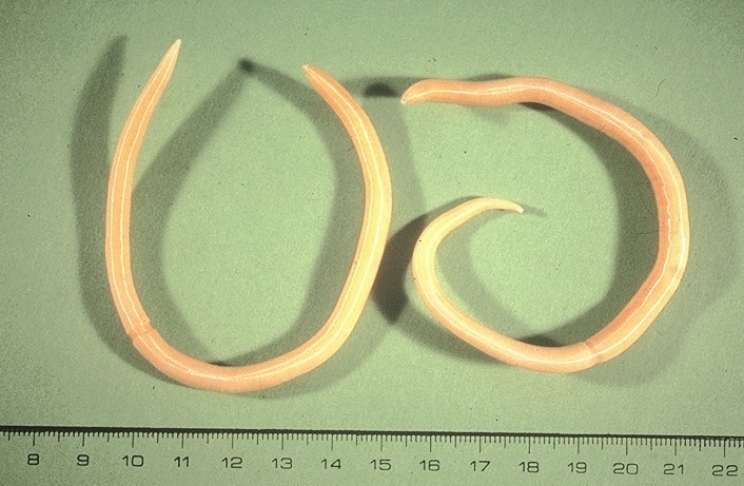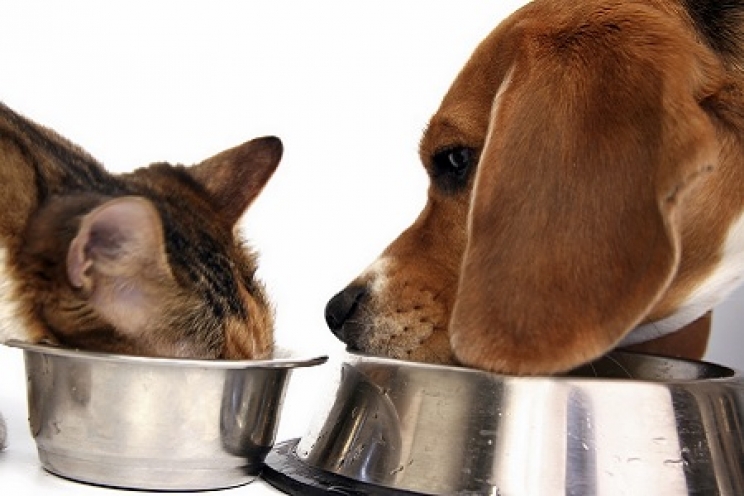In the last period of time there has been a great diffusion of single-protein foods, specific for animals with problems of food intolerances and allergies. Let's try to understand what they are and what they are for.
What are mono-protein foods?
When we buy food for our animals, we often read on the packages "chicken croquettes" or "salmon cans". In reality, this does not mean, with a few rare exceptions, that we will only find chicken or salmon inside, but there will be many ingredients, including these two protein sources.
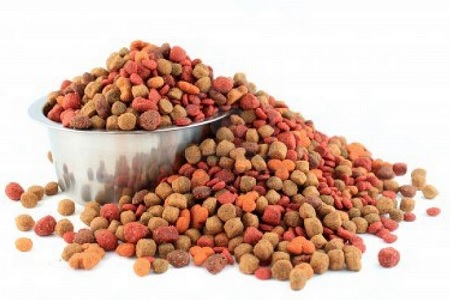
In the case of mono-protein foods, however, their formulation ensures that they only contain one type of meat or fish, adding only supplements of vitamins, mineral salts or amino acids.
The principle on which mono-protein foods are based is to guarantee the right tolerability of the food even for animals with allergies or food intolerances.
This does not mean that we will have absolute certainty that that monoproteic food will not cause reactions in the animal, but it will certainly allow us to proceed with exclusion in search of the origin of the intolerance or allergy.
Shortly, if the animal does not tolerate a specific type of meat, fish or cereal, it will have a series of consequences that we will analyse later, so it is important to look for the incriminated ingredient which causes the allergy, replacing it with another deemed "harmless" from the body of the dog or cat.
Mono-protein foods are made with fish or meat "alternative" to those that usually cause reactions in dogs and cats. In fact, in most cases, a mono-protein fish-based food can solve the problem of intolerances in cats.
At the same time, dogs should eliminate cereals, in favour of meats such as rabbit, duck, deer, quail or pork, strictly of biological origin.
What are food intolerances and allergies?
Some animals, from birth or during their life, can develop intolerances or allergies towards a particular food.

Generally, both conditions are classified within Adverse Food Reactions (AFR), which include:
- Allergic reactions: the body mistakes the food that the animal has ingested as something dangerous, so it attacks it, at the same time triggering a strong inflammatory reaction in the digestive system or throughout the body;
- Intolerances: the body is unable to digest the food or some substances contained in it, so an inflammatory reaction is generated, in this case localized in the intestine or spread throughout the body.
Allergies are actually very rare, and most Adverse food reactions are mainly caused by intolerances.
When the animal ingests a substance to which it is intolerant or allergic, two types of reactions may occur: a dermatological or gastrointestinal reaction.
The first group includes symptoms such as skin itching, the onset of dandruff, redness of the skin and hair loss.
Among the gastrointestinal symptoms, on the other hand, we find above all vomiting, diarrhea, excessive weight loss and abdominal swelling.
In addition to these manifestations, over time, inflammations of different parts of the body and organs can also appear, such as eyes, ears, joints, heart, kidneys and bladder.
The most incriminating and dangerous ingredients for dogs and cats include above all:
- Cattle
- Chicken
- Turkey
- Lamb
- Cereals
- Dairy product
- Soy
- Eggs
In reality, the main problem with these food sources is not represented by the protein itself, but by everything behind that specific ingredient, starting from the breeding of the animal that will be slaughtered, up to the production of the food in the can.
Simply put, when raised for food, both animals and fish are often fed unhealthy substances, such as hormones, antibiotics, and supplements.
All these substances inevitably end up in the meat and fish that we and our animals eat, with harmful consequences for the body.
How single-protein foods work
When choosing a mono-protein food, it must be done on the advice of your veterinarian. If the animal does not show any problems, it would make no sense to deprive it of substances that could still be useful for him.
Once you have purchased mono-protein dry and wet food for the dog or cat, it must be administered for at least two months, categorically excluding any other food source. We also have an article where we explain the procedures to find the incriminating food.
Once the two months have passed, the veterinarian will be able to evaluate the animal's response to the food change. If we found the right food on the first try, the animal's inflammatory problem should improve within one or two weeks.
If, on the other hand, the situation does not improve, we will have to change the type of food, experimenting with another mono-protein food type, until we can uncover the ingredient that causes intolerances to our animal.



